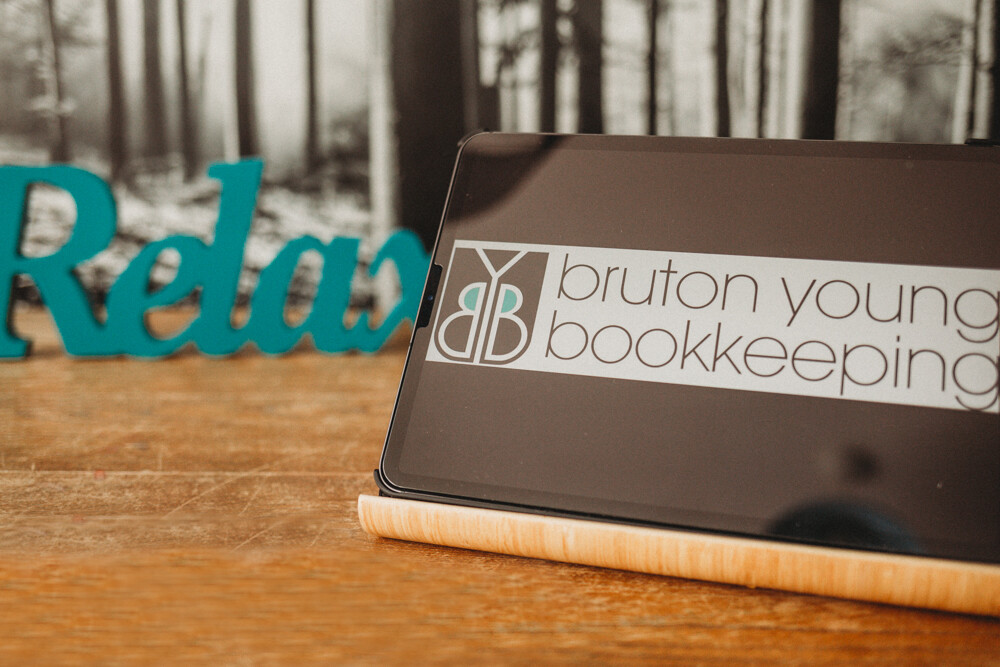You’ve put the hours in. You’ve put the elbow grease in. You’ve built your business from the ground up but how much is it actually worth? Maybe your situation has changed and you’re looking at selling up or you want to retrain and change career direction and need to sell the company to fund your next adventure. Perhaps you’re just interested in the value that you’ve created? Whatever your reason, it’s good to know how valuable your business is, but how do you actually find out?
We’ve all watched Dragons Den where Peter Jones and co have laughed at and been frustrated at the valuations people put on their business. Some of these haven’t even started trading yet and are valuing their venture at a ridiculous amount without any real substance. Overvaluing is most common but undervaluing also happens all the time in business. If we take the Dragon’s Den example again, if I went in with a proposal of 5% of the business for £50k investment, I’m valuing my complete business at £1million. If one of the Dragons comes back offering £50k but wanting 25% of the business, their valuation of the business is £200k. A huge difference! One of the main things to remember throughout this is that whatever your valuation, your business is only really worth what someone is willing to pay for it.
Many factors come into play when you’re valuing a business. Small businesses are often seen as higher risk, it’s the seed that hasn’t yet been sown. If the business supports the salaries of a number of employees and can show that it has grown from a sapling to a flourishing pine, this will probably be of more interest. Large businesses show stability, like a sturdy oak, which is an elements potential buyers will like to see.
How long has your business been operating? Even if your business is performing well, if you’ve only been active for a year or two, it won’t necessarily been seen favourably. Your success could be down to a trend which could die off soon. Having more than a handful of trading years under your belt, with a strong track record of selling to an established customer base, with stable revenue, is a massive plus point.
If you own machinery rather than renting it, this ownership of physical assets can do you many favours in adding value to your business. Some businesses don’t have such things so it’s perhaps harder to determine value in this way. Don’t forget things like patents, copyrights and trademarks are valuable too. There are other ‘intangible’ factors such as location, reputation, relationships with suppliers, competitors and marketability, which all come into play too.
Ultimately, the best way to show the health of your business is to have good books. If you can show how much the business has spent over the years traded and the resulted income, growth and success, this is a good thing. You are so often the face of your business but what it comes down to is numbers. Brass tacks if you will. If these numbers are correct, put together by a professional bookkeeper, and can show future projections too, they’ll show the strength of the business and back up the valuation you are giving it. If you are wanting to sell, make sure your accounts are in order and you have some sort of exit strategy in your head. You know how much you need to fund future endeavours and how much you’d be prepared to sell for. If the potential buyer knows you want to sell quickly, you're likely to attract a lower offer, however, the numbers speak for themselves and they will be able to help you negotiate the final figure that you shake hands on.

